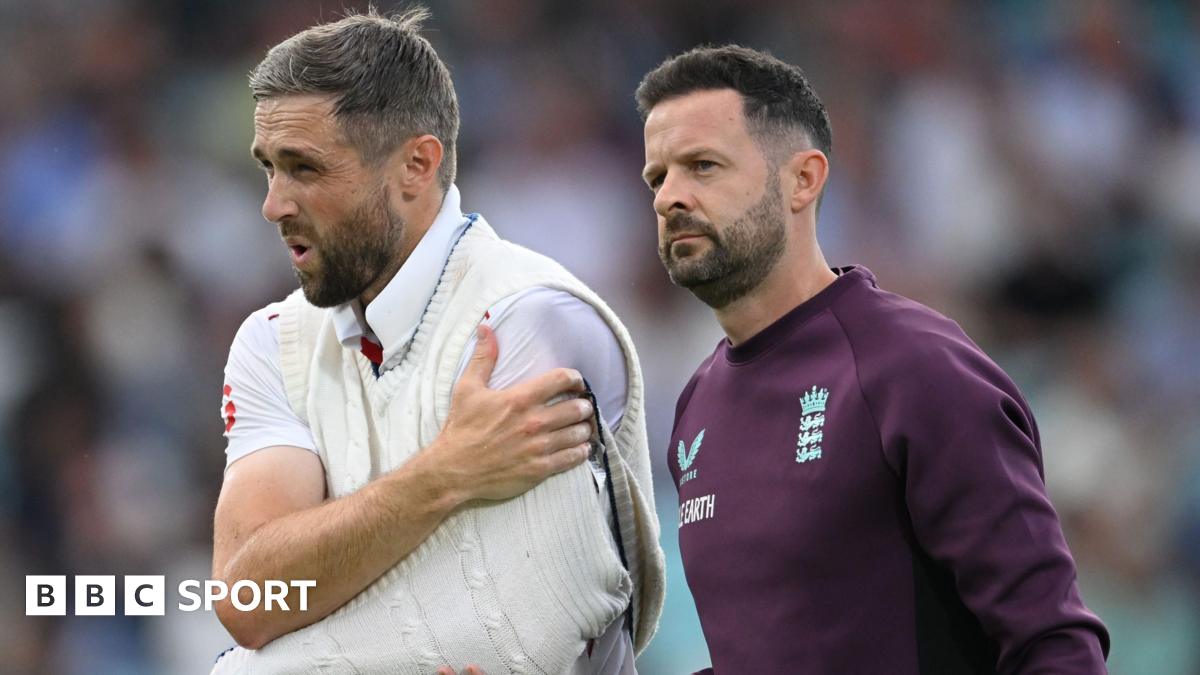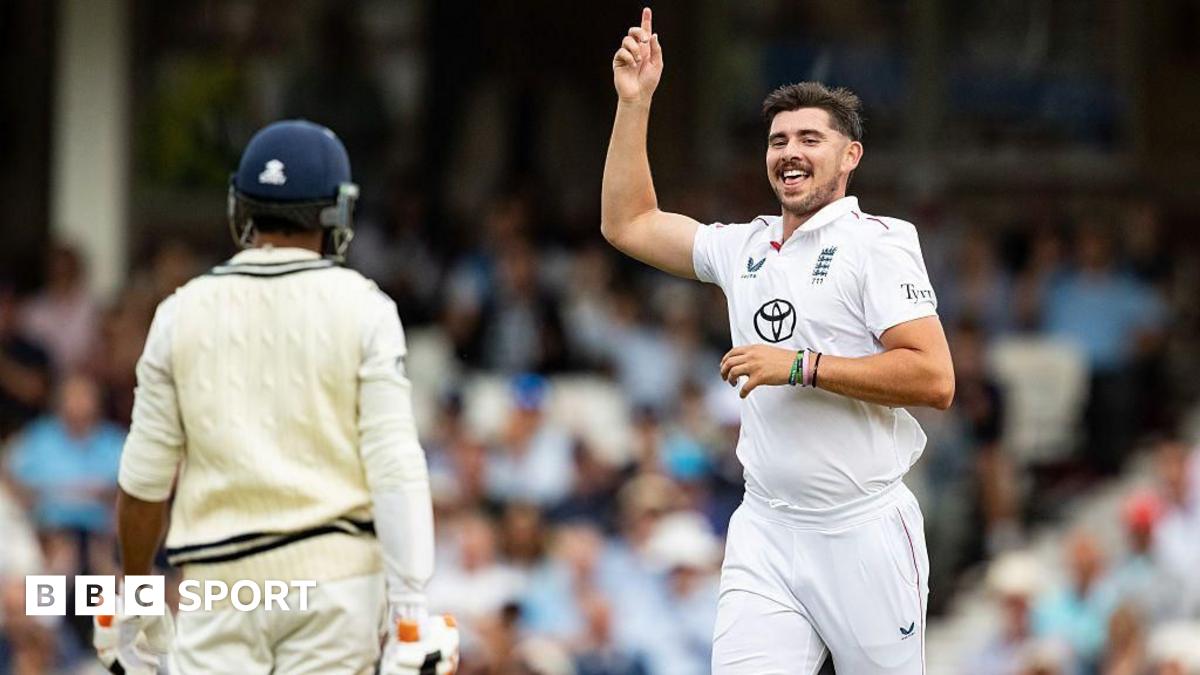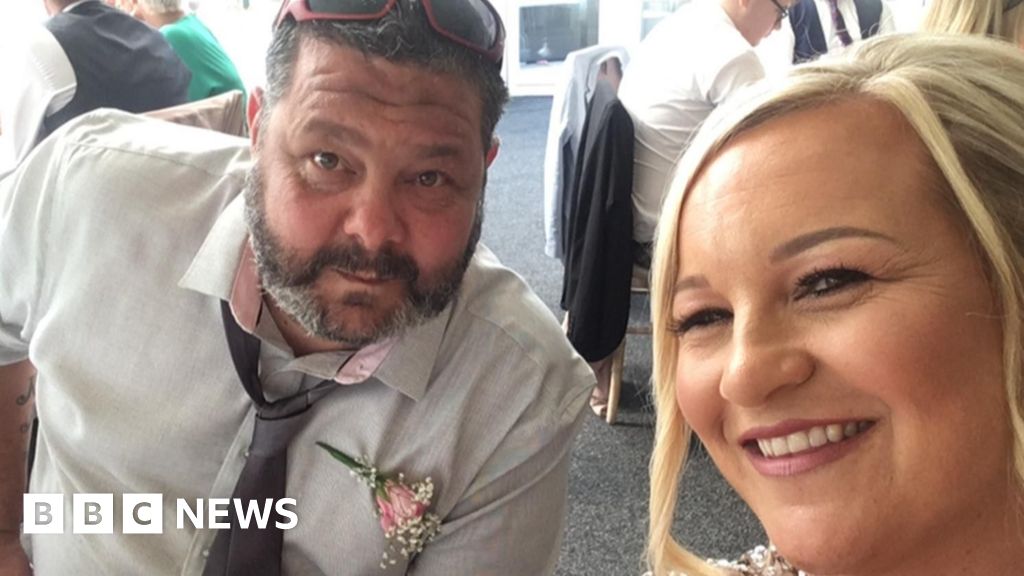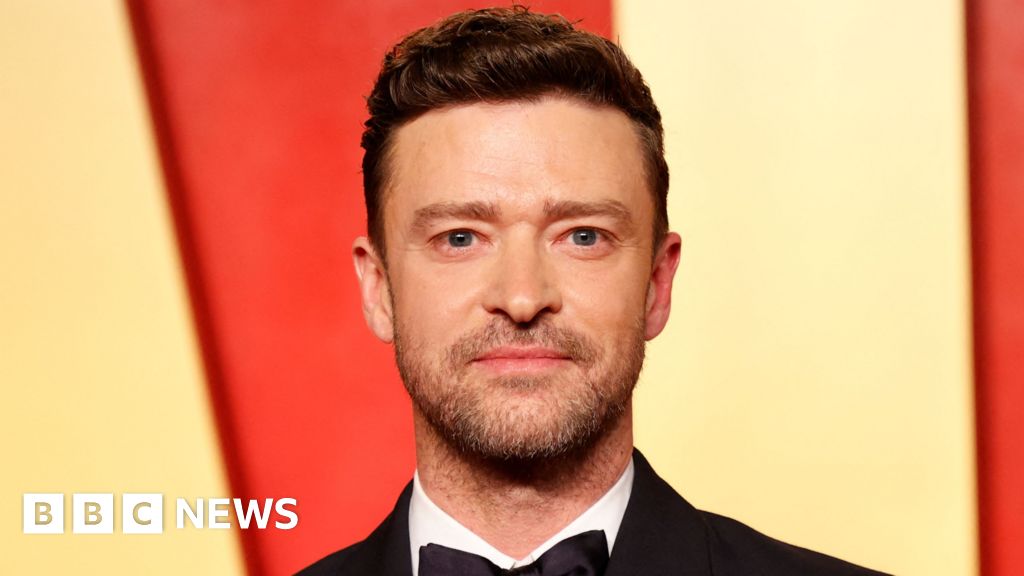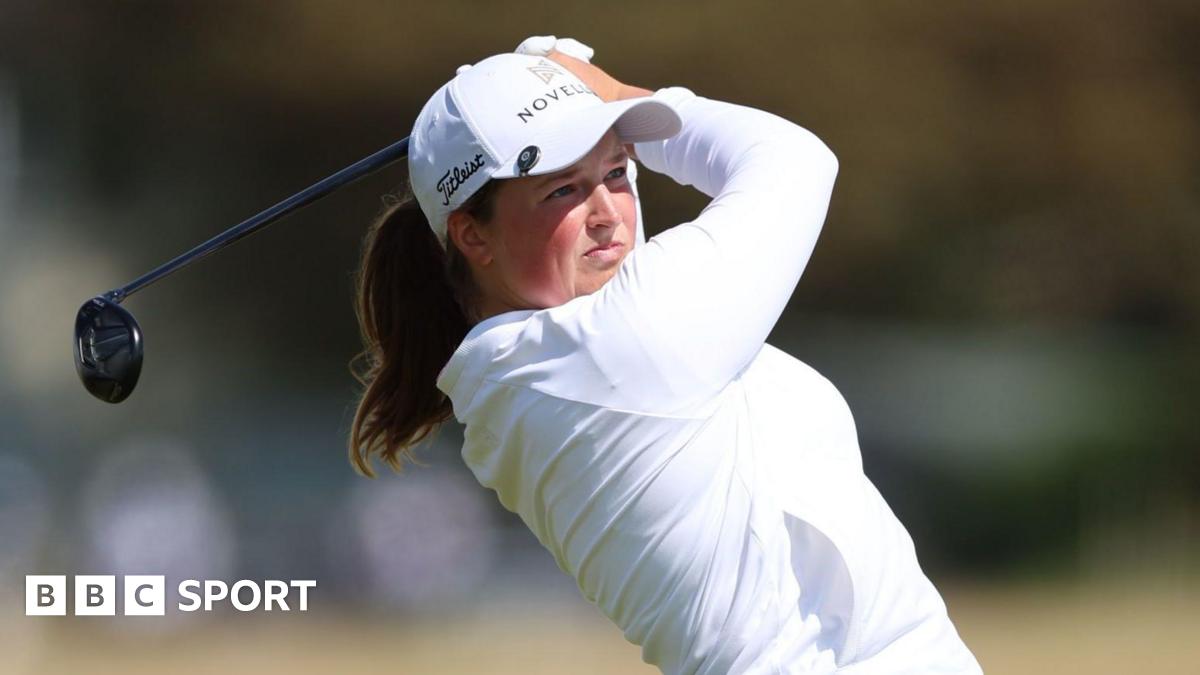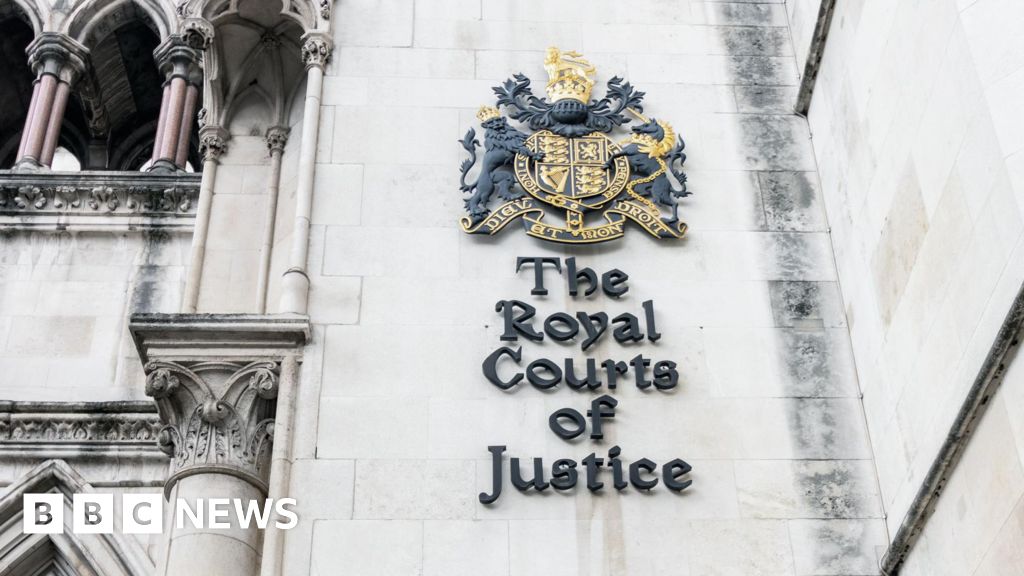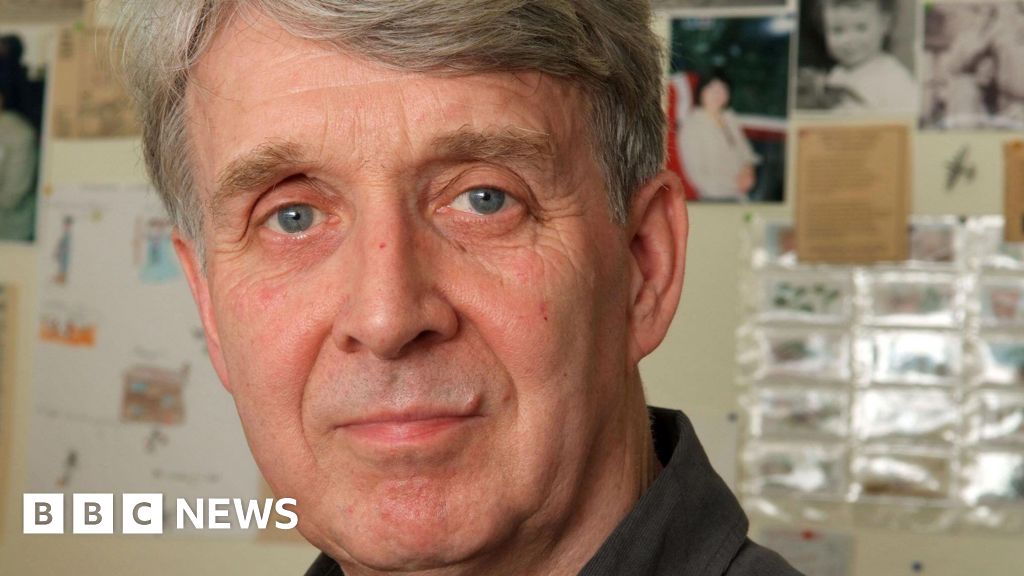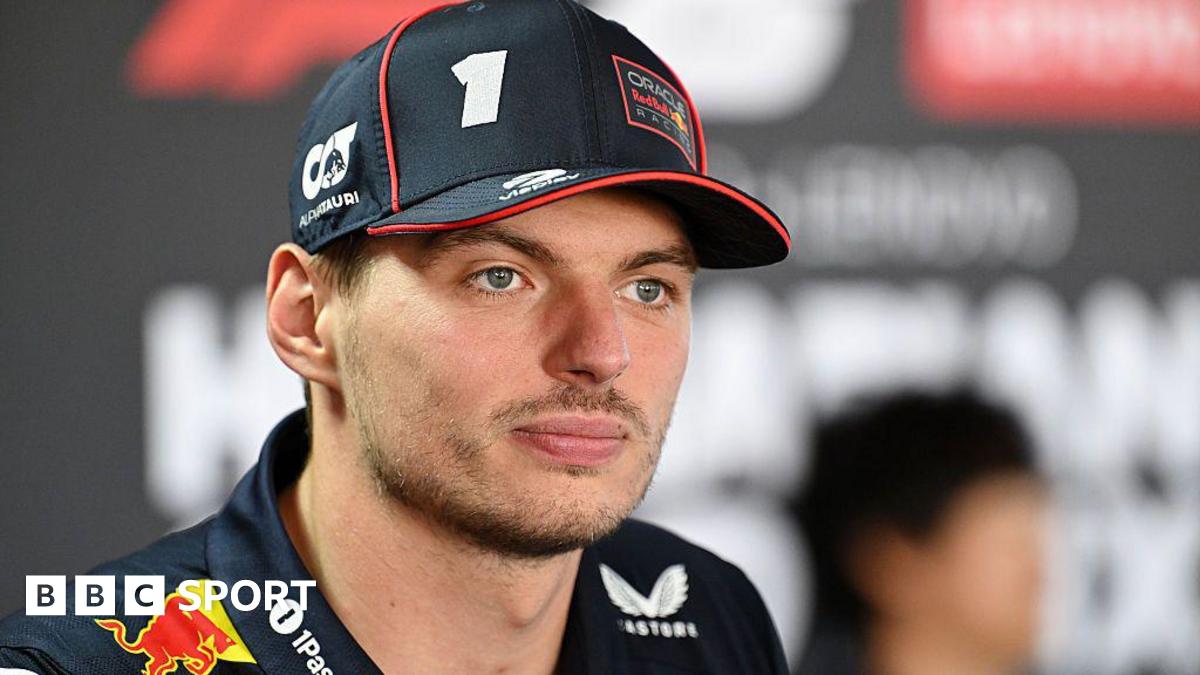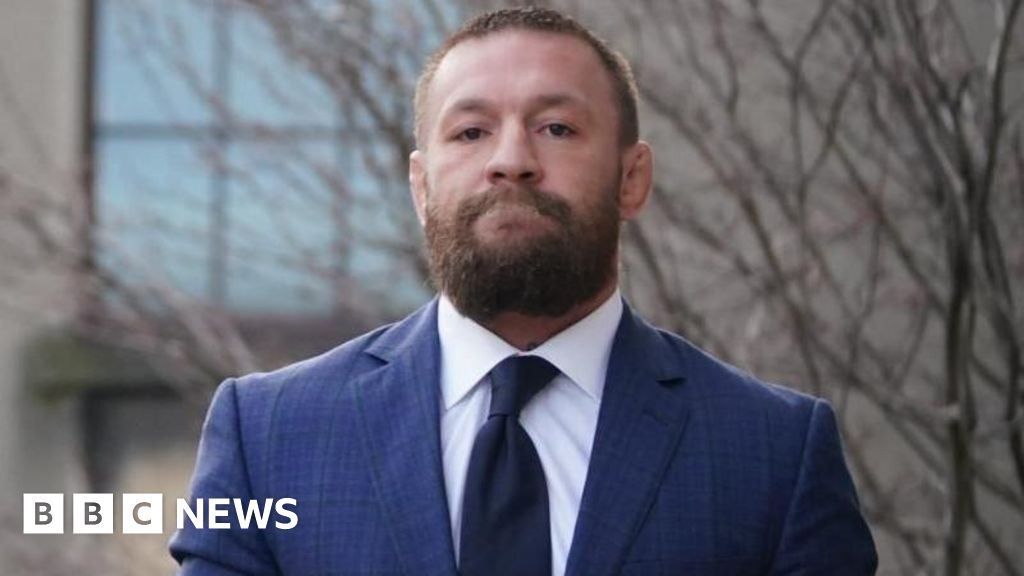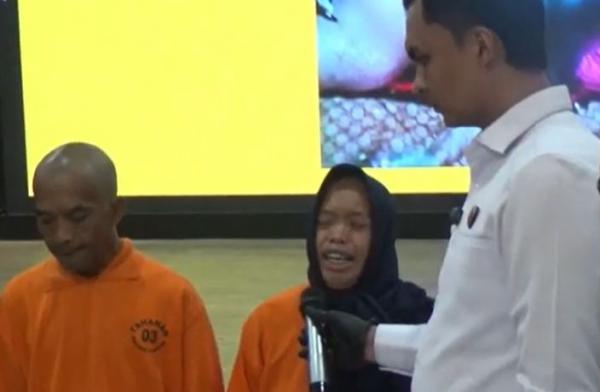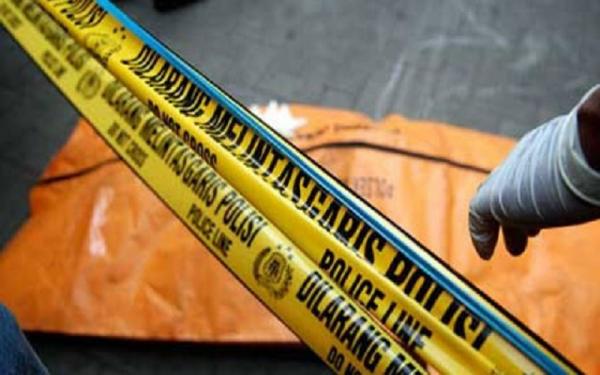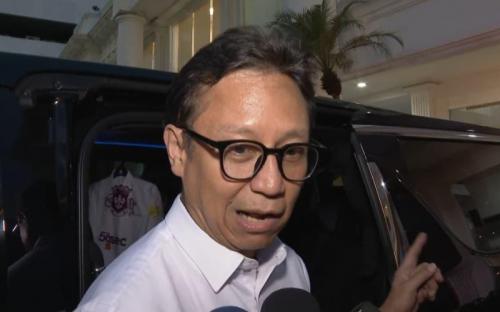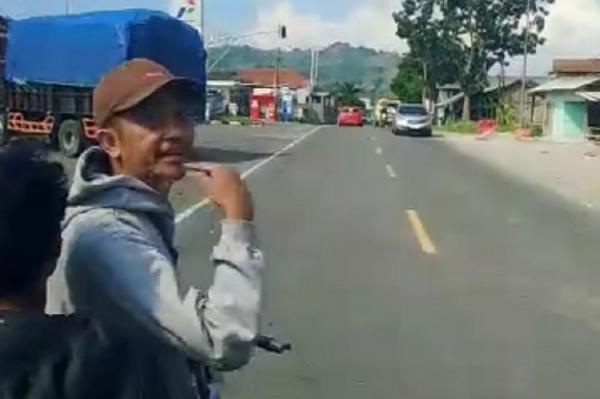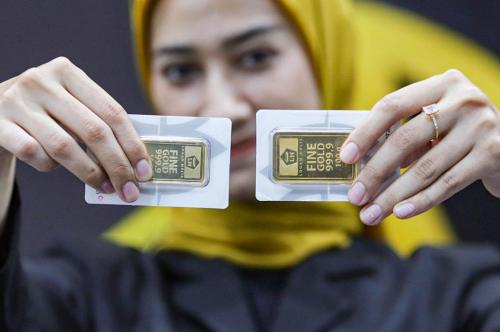Yolande Knell
BBC Middle East Correspondent

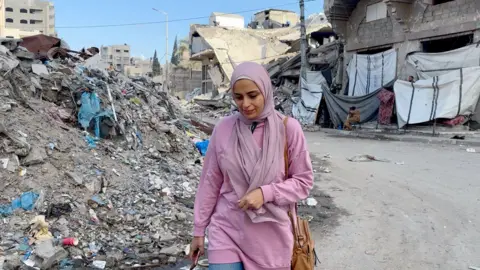 BBC
BBC
Dr Sukkar says life in Gaza feels "like a nightmare that doesn't end"
Healthcare in the Gaza Strip is itself a casualty of 18 months of war between Israel and Hamas. With doctors struggling to cope, the BBC followed one GP through her shift at a Médecins Sans Frontières (MSF) clinic.
By 07:30, a slight figure in a pink headscarf, Dr Wissam Sukkar, is picking her way through the devastated streets of Gaza City.
"I was walking for around 50 minutes to reach our clinic," she explains when she is met by a local BBC journalist who helped us log her day. With virtually no fuel left in Gaza, few taxis are running.
"With our limited resources we're still trying to be here in northern Gaza through these difficult times," adds Dr Sukkar.
The UN's World Health Organization (WHO) says that only 21 of Gaza's 36 hospitals are currently partially functional. Medical supplies are running critically low due to Israel's ongoing blockade of Gaza.
The GP points out what is left of her former workplace, an MSF burns clinic that came under fire in the early weeks of the war, during street battles between Israeli soldiers and Hamas fighters.
Her team has now converted an office towards the west of Gaza City into a clinic - and by 09:30, as Dr Sukkar is putting on her white robe, there are already some 150 people waiting outside in a tented reception area.

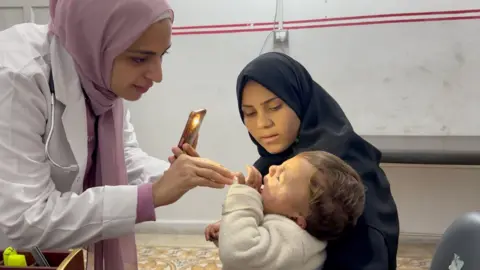
Dr Sukkar says she doesn't know where to refer "complicated cases" because the healthcare system in Gaza has collapsed
"Most of our patients are displaced people," Dr Sukkar says. "They live in shelters, they even live in tents in the streets."
Since a ceasefire collapsed a month ago, thousands of Gazans have once again left their homes and fled to this neighbourhood, seeking safety.
With little food and clean water, there is a rise in malnutrition and diseases - from stomach bugs to scabies. The elderly and young are worst affected, and the first patients of the day are babies with viral infections.
"We receive a lot of children who suffer from upper respiratory tract infections and diarrhoea. In the shelters, there are a lot of children in the same place and a virus can spread very quickly," the doctor explains.
One toddler has his face dotted with mosquito bites and Dr Sukkar administers some soothing cream. As cooking gas has run out, families have taken to using open fires to heat food and this has also led to an increase in serious burns.
Within an hour, Dr Sukkar and three other physicians have seen dozens of patients. But there are many whom they struggle to help.
"We have more and more challenges with the huge number of patients with less and less medical supplies," Dr Sukkar says wearily.
"Also, we receive complicated cases, and we don't know where to refer these patients because the health system in Gaza has collapsed."
There has been an influx in seriously wounded patients arriving at the clinic since last Sunday, when Israeli warplanes attacked al-Ahli Arab hospital in Gaza City.
Israel accused Hamas of using a hospital building as a "command and control centre"; something the armed group denied.
Al-Ahli - which was the main medical site for treating trauma in northern Gaza - can no longer accept patients. The WHO says the emergency room, laboratory, X-ray machines and pharmacy were destroyed.

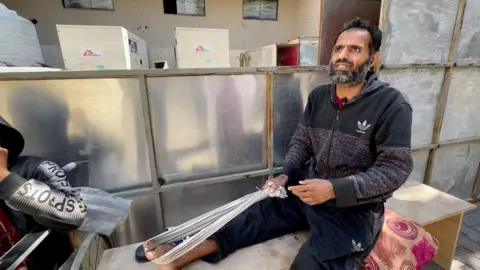
Saaed Barkat had previously been treated at two hospitals that were then raided
"I started my treatment at al-Shifa hospital, then I got transferred to al-Ahli and they bombed it," says Saeed Barkat, an older man with a fractured thigh bone, who arrives at the MSF clinic on crutches.
He had surgery after he was wounded by Israeli artillery fire on the shelter where he was staying late last year. He has pins in his leg, and it is swollen.
"I came here for any treatment and to follow-up," says Mr Barkat, as nurses change his dressing and give new painkillers.
At midday, when Dr Sukkar checks on the small pharmacy at the clinic, she looks worried. Many of the shelves are bare.
Israel closed all crossings to Gaza at the start of March, saying it was putting pressure on Hamas to release the remaining hostages it is holding. Since then, no aid has entered.
"For diabetes, we don't have insulin, we don't have treatments for epilepsy, we don't have basic medicines like anti-fever drugs," Dr Sukkar says.
"It's the season for skin infections and we don't have creams or ointments for bacterial infections, no medicines to treat scabies and head lice."
The doctors are rationing the supplies that remain.

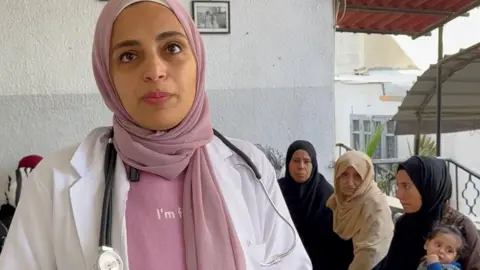
Dr Sukkar says she also struggles to secure clean water and food for her children
"We are doing our best so that it will be enough for the coming week," sums up Dr Sukkar, "but we expect that our stock will run out in more or less two weeks."
Soon Dr Sukkar is back in her consultation room. The rush of patients continues with many more sick children. They have coughs, fevers and stomach upsets.
By 15:30, it is time to close up the clinic for the day. The four doctors here calculate that they have seen nearly 390 patients.
After a long, tiring day, there is the long, tiring walk home for Dr Sukkar.
As she leaves the clinic she telephones her family. Her thoughts turn to looking after her own children, who have been displaced with her nine times in the past year and a half.
"Like every Gazan, I have a daily struggle to secure clean water, food for my kids," says Dr Sukkar. "We don't have electricity, so it's really hard even to charge the battery of my mobile."
"Most of all, it's really hard to have any hope," she goes on. "I feel I live in a nightmare that doesn't end. When will this war end?"
For now, there is no answer, and no respite.
.png)
 3 months ago
45
3 months ago
45


